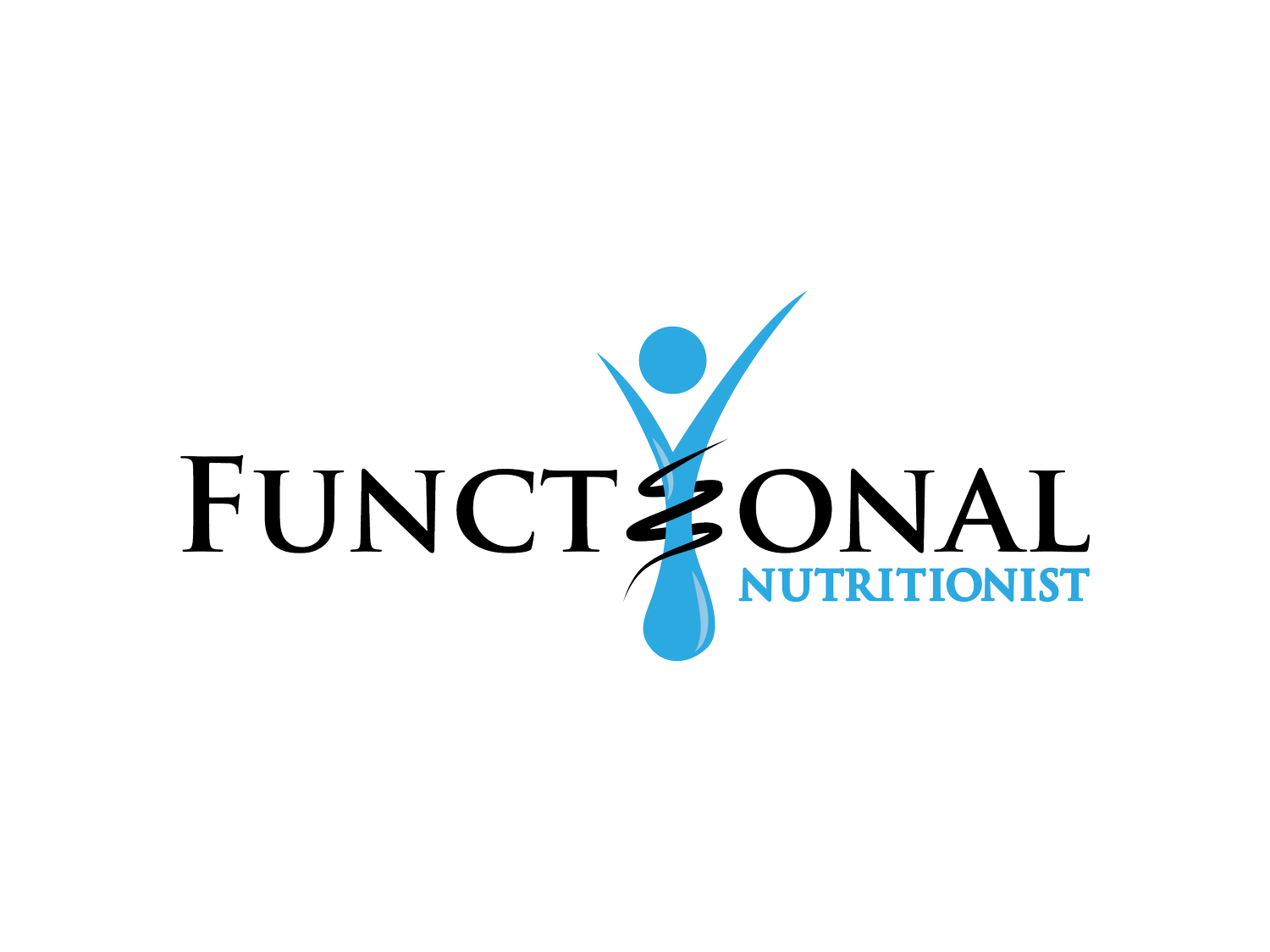How To Increase Progesterone Naturally
Do you have any of the following going on?
crabbyness
have disrupted sleep
are anxious
have PMS
don’t ovulate
are 40 years and over
You probably have low progesterone.
Low progesterone is like your grandmother, she comes in and calms everything down, she has a sedative affect. Where as estrogen is like your naughty aunt and amps everything up!
Progesterone also;
is essential for your overall sense of wellbeing
it boosts metabolism
it helps release excess fluid from your body
it helps you sleep
Why could progesterone deficiency happen?
STRESS - Is the main progesterone robber with cortisol being made at the expense of progesterone. Stress comes in many different forms; emotional, psychological, physical, electromagnetic, dysbiosis, infections, physiological… please read this blog
hypothyroid
HPAT dysfunction (signalling defects between the adrenal glands and hormones)
Ageing
high prolactin levels
The Pill
PCOS
Poor blood flow to the ovaries
menopausal due to lack of follicles
have excess estrogen
If you have progesterone deficiency then you are estrogen dominate. You want the right ratio between estrogen and progesterone to feel fabulous.
With targeted lifestyle changes and nutraceuticals, progesterone deficiency can be managed and changed well. First and foremost is to identify WHY you are progesterone deficient, however there are some great tips that can help in the mean time.
Here are my tips;
Brain support - to help communicate between the ovaries. Supporting the brain with nutrients such as DHA and omega 3’s will inevitably help the connection between the endocrine (hormone) system. Reduce inflammatory food and get adequate sleep.
Chaste tree berry
‘Chaste berry has been proven to help low progesterone in more than 60 years of clinical research.’ (Turner et al., 1993)
The dose needs to be monitored by a certified functional practitioner and is used only in the luteal phase where progesterone should be naturally increasing.
Maca
Maca has been shown to increase hormones progesterone, luteinizing hormone and estradial. If you are estrogen dominant maca may not be a good idea for you. If you have low hormones all round maca may be beneficial for you. Maca also contains significant amounts of iodine, so if you have a thyroid condition please be monitored through a functional medicine practitioner.
Vit b6
B vitamins help combat stress and also helps the liver break down estrogen byproducts while boosting progesterone.
Evening primrose oil or Borage oil
Is a good source of gamma linolenic acid which helps boost progesterone levels and has powerful anti-inflammatory benefits. Always balance these with omega 3’s.
Good Cholesterol
Cholesterol is needed to make progesterone, great sources are coconut oil, olives, olive oil, eggs and red meat in moderation.
L-Arginine
This amino acid helps to relax blood vessels so that circulation increases to important organs such as ovaries to help boost progesterone.
Vit D
Low Vit D causes estrogen dominance which means low progesterone.
Zinc
Zinc helps the pituitary gland release follicle stimulating hormones which encourages ovulation and tells the ovaries to produce progesterone.
Vitamin C
There are high levels of vitamin C found in the follicle upon the release of the egg. Vitamin C ‘has been shown to raise progesterone levels in women with both low
progesterone and luteal phase defect.' (at 750mg/day). Taking liposomal Vit C is even more efficient then the powders.
Omega 3’s
Omega 3 fatty acids are important to the ovulation phase. They help increase blood flow to the uterus and support the release of egg cells from the follicle, enhancing the quality of the egg cells. Good sources are; fatty fish such as sardines, mackeral and salmon. Also flax seeds, pumpkin seeds, nuts okra, spinach and black beans.
Foods rich in carotenoids or mixed supplements
Foods such as red and orange peppers and carrots. The carotenoids will support the lutein cells which help progesterone.
Bio-identical hormones
I am now working with a local GP who is very open to functional medicine and we feel there is a need at times for some women to include bio-identical progesterone (and other hormones) when all lifestyle and natural interventions have been implemented and there are still symptoms.
I recommend using only bio-identical progesterone shown to prevent buildup in the uterine lining. Please do now confuse this with synthetics such as Provera which is a progestin, a synthetically made hormone. Make sure you work with a doctor who will prescribe bio-identical hormones not progestins. These can have an amazingly positive impact for women suffering severe symptoms.
Compounded supplement
So my patients are not walking out with 10 different supplements I compound nutrients where I can. I have developed a great product that includes many of these nutrients to boost progesterone. Only available after an individual consultation.
How do you test progesterone levels
DUTCH (Dried Urine Test for Comprehensive Hormones)
Saliva
Blood
Contact Mel for further information on a specific protocol, functional testing and individual compounded supplements. mel@functionalnutritionist.net.au
References:
Turner S., et al. “A double-blind clinical trial on a herbal remedy for premenstrual syndrome: A case study.” Complementary Therapies in Medicine 1 (1993)

